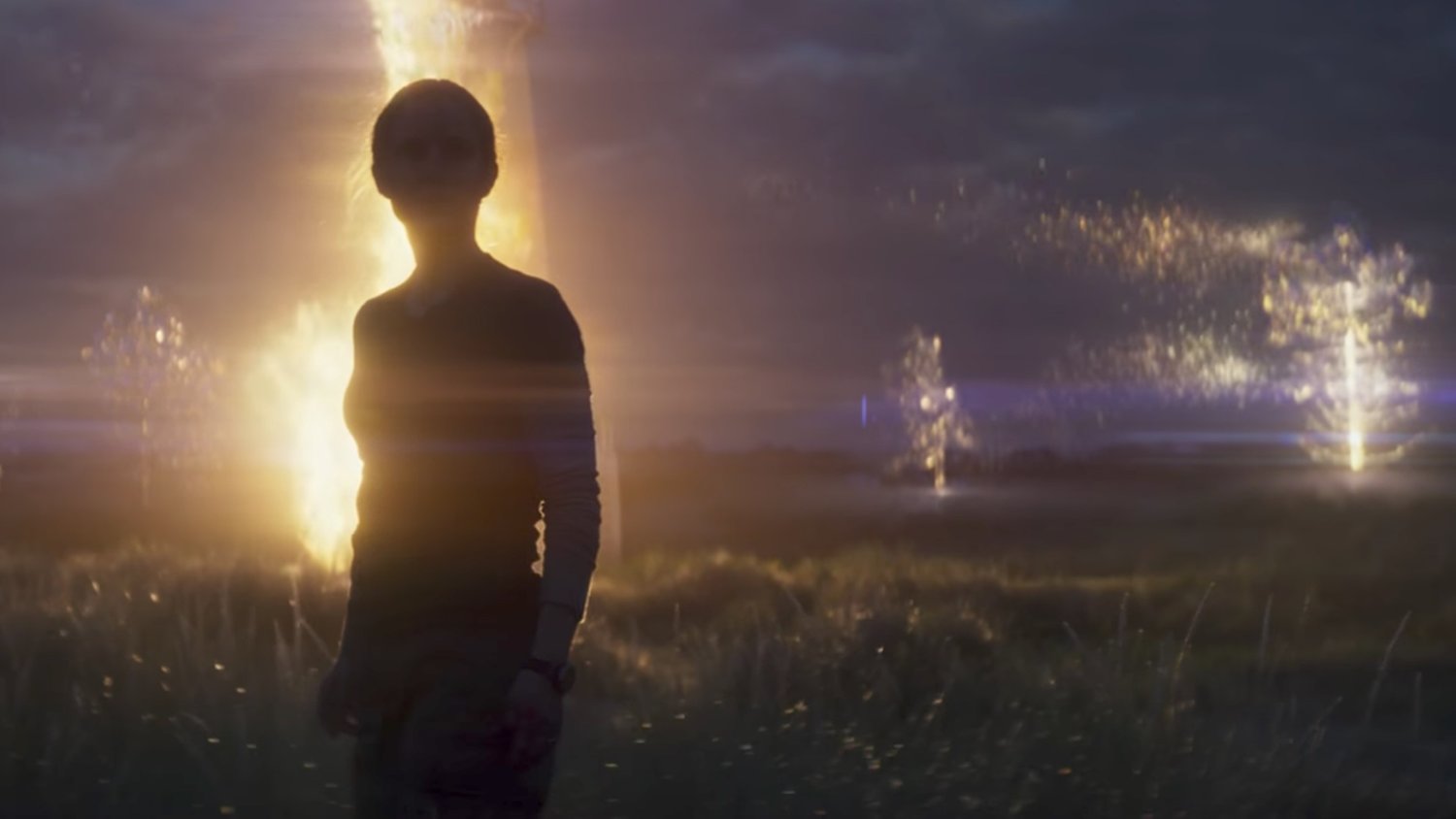It’s been rough to make a mid-budgeted Hollywood picture recently. While there’s more $100+ million blockbusters flopping badly at the box office, it doesn’t seem that studios are going to stop making a needless amount of big-budgeted sequels & reboots that will mostly likely not turn a profit. Instead, it seems that films in the $20-50 million range are the films that studios aren’t interested in making anymore. So when a film like Annihilation, a smart sci-fi thriller with a $40 million budget comes out, it feels like a breath of fresh air. The past few years has seen Paramount Pictures marred by massive big budget flops like Monster Trucks, Ben Hur 3D, as well as the underperformance of seemingly sure-fire hits like Transformers 5 and Star Trek Beyond. These flops, in combination with test screenings of Annihilation resulting in the film being deemed “too intellectual” for audiences, Paramount decided instead of spending money for international distribution, they’d release Annihilation on Netflix outside of America. This is a real shame, not only because it’s a very good film, but also because watching it, you can tell it would’ve been an amazing big screen experience.
The film stars Natalie Portman as Lena, a biologist who after her husband, Kane (Oscar Isaac), an assumed missing soldier returns into her life, joins an all-female group of scientists (Jennifer Jason Leigh, Tessa Thompson, Gina Rodriguez and Tuva Novotny) on a mission to explore “the Shimmer,” a mysterious ever-growing dome-like field in which Kane has been the only one to explore it and come out alive. When they enter the Shimmer, Lena and the rest of the team’s perception of reality seems to become warped as they encounter many dangers and revelations about what The Shimmer is doing.
Writer/director Alex Garland, coming off his highly acclaimed directorial debut Ex Machina once again loves playing the audience like a fiddle, it’s refreshing to see a Hollywood sci-fi film that not only has more in common with Tarkovsky’s Stalker than Alien, but also doesn’t feel the need to explain everything in fine detail. It also isn’t afraid to get visually weird and abstract. The spectacular finale is part Under the Skin & 2001: A Space Odyssey but all-in-all, possibly the best finale in a Hollywood film in years. It’s a weird, haunting yet strangely beautiful piece of cinema.
And while the film’s story is a lot more thought-provoking than the standard Hollywood fare, it’s Garland’s focus on the film being a sensory experience that really sets it apart from other Hollywood films. The whole visual effects and production design teams on this film deserve all the recognition they can get, with some brilliant sets and creature designs that range from beautiful to downright terrifying, it truly is a technical marvel. Special mention also to Rob Hardy’s cinematography which makes the Shimmer feel grounded, yet subtly surreal, as well as Ben Salisbury and Geoff Barrow’s droning score which in parts owes a lot to Mica Levi’s iconic score of Under the Skin.
The film has some issues though. The film has a framing device in which Lena is being interviewed by Lomax (Benedict Wong) about her experiences in The Shimmer- and it’s a disappointingly obvious framing device that feels a bit too stock standard. A similar device is used in Portman’s previous starring role, Jackie, which ruined a lot of the film’s heft for me. While it serves more of a purpose to slightly guide the audience along, it felt somewhat obvious and unnecessary. Also, the “twist” at the very end felt a bit tacked on and obvious as well. These are only minor nit-picks though.
Annihilation is a great example of what happens when a filmmaker like Garland is allowed to take risks and inventiveness on in a Hollywood film. It’s exactly the sort of film everybody should be supporting and seeing. Exciting, tense & contemplative, Annihilation doubles up as sci-fi thriller and a sensory spectacle. It is just a shame most of us will never be able to experience it on the big screen.
4/5 Stars
Jacob Brinkworth

